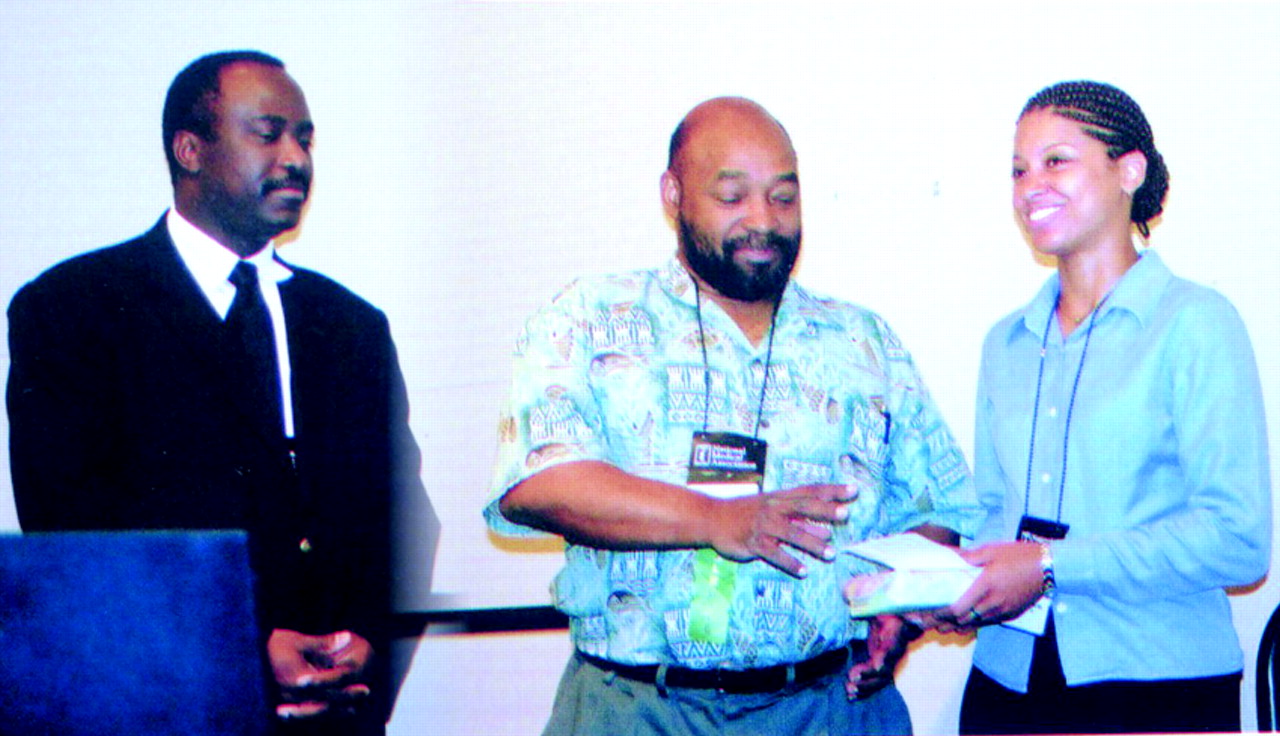NMA Honors Senior Researcher, Psychiatric Resident

Johnson is the Wurzbach Distinguished Professor of Psychiatry and Pharmacology at the University of Texas Health Science Center in San Antonio. Goodwin is a resident at Morehouse School of Medicine in Atlanta.
The award is named for psychiatrist E.Y. Williams, who became one of the first black physicians to chair a psychiatry department when he became head of the one at Howard University in 1952. The award is given annually by the National Medical Association’s Section on Psychiatry and the Behavioral Sciences and honors a senior psychiatrist and a PGY-3 or PGY-4 resident for “actual or potential outstanding academic, clinical, and administrative leadership. . . as they pertain to impoverished and/or minority populations in public psychiatry.”
The award is funded by a grant from Bristol-Myers Squibb.



